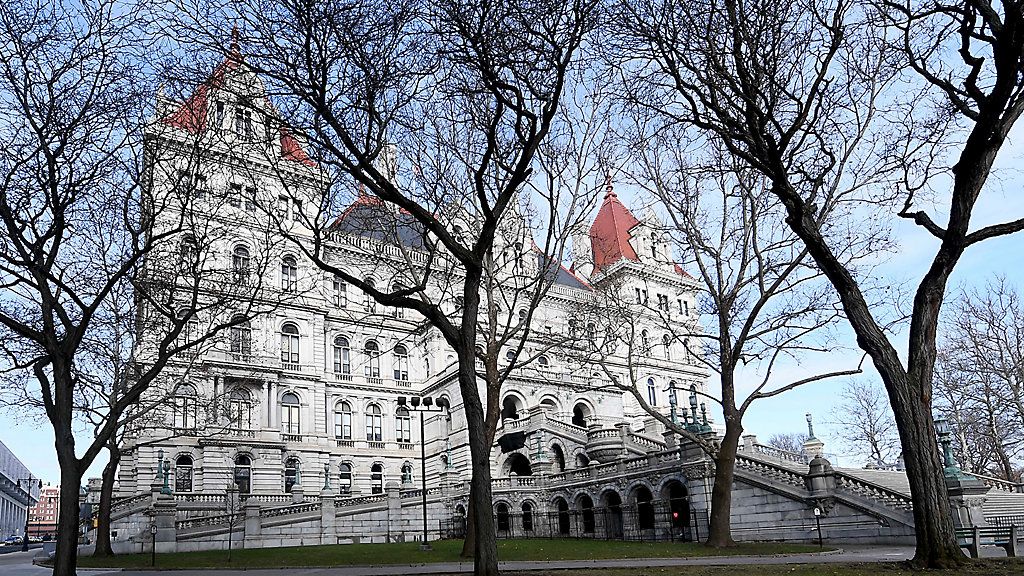In 2001, the area that includes New York's financial engine was the site of the worst terrorist attack in American history.
The attack sent the stock market plunging and led to a recession.
Nearly 20 years later New York is one of the global hotspots for a pandemic that has killed more than 7,000 of its residents, leading to a fiscal crisis in which the state is watching the balance sheet so its bills can be paid.
On Wednesday, public worker union leaders were notified the state will delay 2 percent pay hikes for at least 90 days.
The move will affect 80,000 workers and save $50 million.
The decision, according to Gov. Andrew Cuomo, was either delay the pay raises or lay people off.
"You can buy some time with freezing the raises to state workers," Cuomo said. "I choose option B, rather than laying off people, which will only add to add the unemployment claims, the stress, the hardship."
The cost-saving effort also comes as the state is expected to take out short-term loans amid the dried up tax revenue.
Labor officials were not pleased. Many of the workers affected are considered "essential" workers in New York during the shutdown of the state and frontline employees like corrections officers
"We are very cognizant of the fact that we are in desperate times right now because of the pandemic, but we need to look at solutions that don't include putting a further burden and sacrifice on these workers who have already sacrificed enough quite frankly," said Mark Kotzin, a spokesman for the Civil Service Employees Association.
About 62,000 CSEA members are affected, Kotzin said.
"What kind of message does this send when we are literally asking these workers to put their lives at risk and on the line to keep our state going and yet the state won't follow through with their commitment," he said.
But EJ McMahon of the Empire Center, a fiscal watchdog, said Cuomo's assessment of staving off layoffs with the move was correct.
"The way to minimize those layoffs and also minimize the impact on public services is to forgo the pay increase," McMahon said. "If you forgo those pay increases, you can keep people employed."
Publicly the Cuomo administration is hoping for billions of dollars in additional federal aid after previous relief pacakges, according to Cuomo, fell short of the $10 billion to $15 billion in lost revenue for New York.
The budget state lawmakers approved last week is largely a placeholder document when it comes to spending as revenue remains virtually frozen. Adjustments are expected to be made to a variety of big-ticket costs, including aid for schools.
The federal aid, however, won't enough to band aid the problem in the short term, McMahon said.
"The state is not only facing a cash crunch, it's facing a fiscal catastrophe," McMahon said, "and it won't end with some stop gap federal aid in the next 90 days."


